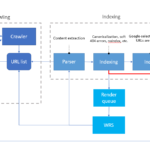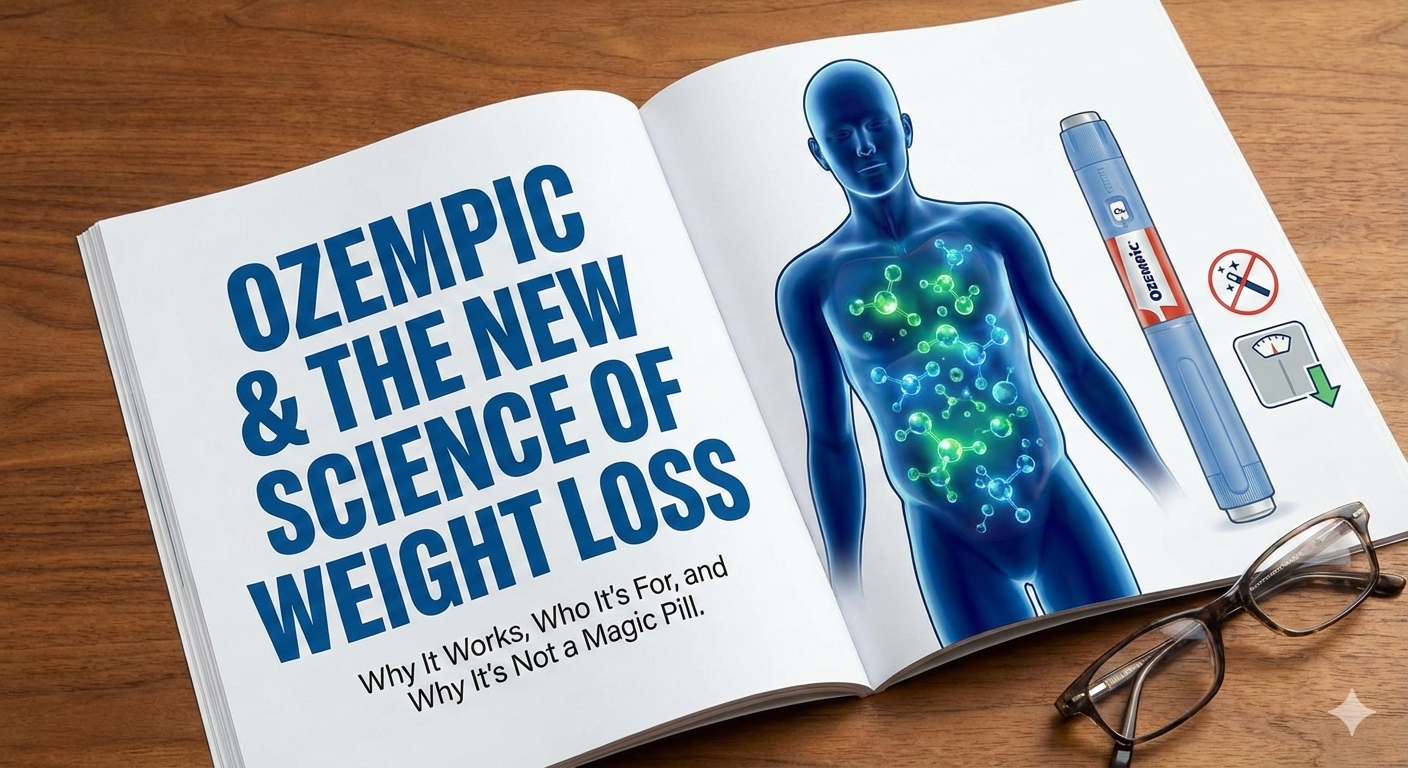Stop Blaming Your Metabolism — It’s Not “Slow,” It’s Adaptive!
By Shikha Pandya | Fittr Coach
#fittrcoach #ptcoach #comprehensivecoach
Introduction: The Misunderstood Metabolism
We’ve all heard it —
“My metabolism is slow.”
“After 40, nothing works.”
“Even water makes me gain weight!”
Sound familiar?
These phrases are repeated so often that many people genuinely believe their metabolism is broken. But the truth is far more empowering — your metabolism isn’t broken, it’s adaptive.
Your body is an incredibly intelligent system designed to maintain balance (homeostasis). It’s constantly observing how you move, eat, sleep, and manage stress — and adjusts energy output accordingly. So when your results stall or fat loss slows, it’s not “age” or “bad luck.” It’s your metabolism adapting to your current habits.
Let’s decode this further.
What Exactly Is Metabolism?
Metabolism is not a single “thing” — it’s the sum total of all chemical reactions in your body that keep you alive and functioning. It’s how your body turns food into energy, repairs cells, and regulates hormones.
It’s composed of three key parts:
1. Basal Metabolic Rate (BMR)
The calories your body needs at rest to maintain basic life functions like breathing, circulation, cell repair, and temperature regulation.
👉 About 60–70% of your total daily calorie burn comes from BMR.
2. Thermic Effect of Food (TEF)
The energy your body uses to digest, absorb, and metabolize food.
👉 Around 10% of your calorie burn.
👉 Protein has the highest TEF — meaning eating enough protein slightly boosts your metabolism.
3. Activity Thermogenesis
All movement counts here — structured exercise, walking, cleaning, even fidgeting!
👉 This is the most variable portion of your metabolism and the easiest to influence daily.
Together, these components form your Total Daily Energy Expenditure (TDEE) — the foundation of every fitness goal.
Why Your Metabolism “Slows Down”
When people diet aggressively, overtrain, or stay inactive for too long, the body perceives stress and scarcity. To protect you, it begins conserving energy. This process is called metabolic adaptation or adaptive thermogenesis.
Common Triggers of Metabolic Adaptation:
- Eating too little for too long (chronic calorie restriction)
- Overexercising without recovery
- Poor sleep or high stress
- Rapid weight loss without resistance training
How the Body Responds:
- Lowers resting metabolic rate (you burn fewer calories even at rest)
- Reduces spontaneous movement (you unknowingly move less)
- Decreases thyroid hormone output
- Alters hunger hormones (ghrelin, leptin) — making you hungrier and less satisfied
That’s why extreme diets and endless cardio sessions often backfire — they teach your body to burn less.
The Good News: Metabolism Is Trainable
Just like muscles, your metabolism can adapt positively when you train it smartly.
Below are four science-backed lifestyle factors that have the power to reignite your metabolic health at any age:
1. Strength Training — Your Metabolism Multiplier 💪
Muscle is metabolically active tissue. The more lean muscle you carry, the higher your resting calorie burn.
Why It Works:
- Muscle demands energy for maintenance and repair, even while you rest.
- Strength training increases EPOC (Excess Post-Exercise Oxygen Consumption) — you keep burning calories hours after your workout.
- It improves insulin sensitivity, helping your body use energy more efficiently.
Pro Tip:
Combine compound lifts (squats, deadlifts, presses, rows) with progressive overload — gradually increasing weights or reps. Aim for 3–4 sessions per week.
2. Eat to Fuel, Not to Starve 🍽️
If you’re eating less and less but not losing weight, your metabolism may have downregulated. The body views calorie deprivation as a signal to conserve energy.
The Fix:
- Don’t fear calories. Use a moderate calorie deficit (10–20%) instead of crash diets.
- Prioritize protein — 1.6–2.0 g/kg body weight daily supports muscle retention and improves TEF.
- Include complex carbs and healthy fats — they stabilize energy, hormones, and recovery.
- Don’t skip meals — long fasting without planning can lead to stress hormone spikes and overeating later.
Your metabolism thrives on consistency, not deprivation.
3. Sleep and Stress: The Hidden Metabolic Factors 😴
Even the perfect diet won’t work if your sleep and stress are off.
Poor Sleep = Slower Metabolism
- Decreases leptin (the satiety hormone)
- Increases ghrelin (the hunger hormone)
- Elevates cortisol, which promotes fat storage — especially around the belly
Chronic Stress = Energy Drain
Prolonged stress signals your body to hold on to fat as a survival mechanism.
The Fix:
- Get 7–8 hours of uninterrupted sleep.
- Create a bedtime routine: dim lights, no screens, and deep breathing.
- Practice mindfulness or walks outdoors to balance cortisol levels.
Remember — recovery is part of training.
4. Stay Active Beyond the Gym 🚶♀️
Your Non-Exercise Activity Thermogenesis (NEAT) — walking, standing, moving through daily life — can account for up to 15–25% of total calorie burn.
Simple habits that make a difference:
- Take the stairs instead of the elevator.
- Walk after meals to improve blood sugar levels.
- Use a standing desk for part of your workday.
- Aim for 7,000–10,000 steps daily.
Movement is medicine. The more you move, the more responsive your metabolism becomes.
The “Age Factor” — Is It Really About Getting Older?
After 30, many people experience muscle loss (sarcopenia) and hormonal shifts — but this doesn’t mean metabolic decline is inevitable. It just means you must train smarter.
Research shows that with consistent resistance training and proper nutrition, metabolic rate can remain stable — even improve — well into your 60s and beyond.
So instead of saying:
“My metabolism has slowed with age,”
Say:
“My habits have slowed down — and that’s what I can change.”
Retraining Your Metabolism: A Lifelong Skill
Think of your metabolism as a “mirror” reflecting your lifestyle. The better you eat, move, sleep, and recover, the more efficiently it works.
5 Non-Negotiables for a Healthy Metabolism:
- Lift weights consistently
- Eat enough protein
- Sleep 7–8 hours
- Manage stress proactively
- Stay active every day
It’s not about perfection — it’s about sustainability. Your goal is to create an environment where your metabolism feels safe and supported, not threatened.
Final Thoughts
Your metabolism isn’t your enemy — it’s your feedback system.
If it’s “slowed down,” it’s because your body is trying to protect you.
So instead of blaming it, listen to it.
Feed it well. Move it intentionally. Rest it deeply.
At any age, with the right training, nutrition, and mindset — you can absolutely retrain your metabolism to work for you, not against you.
✨ Your body is adaptable. You just need to show it the right signals.
#MetabolismMatters #WomenWellness #FitOver40 #HolisticFitness #BuildNotBurn #HealthyHabits #StrengthCoach #FitnessEducation #fittrwithsquats #fittrcoach
Written by Shikha Pandya, Fittr Coach
Certified #ptcoach | #comprehensivecoach | Helping women build strength, balance hormones, and age with vitality.









